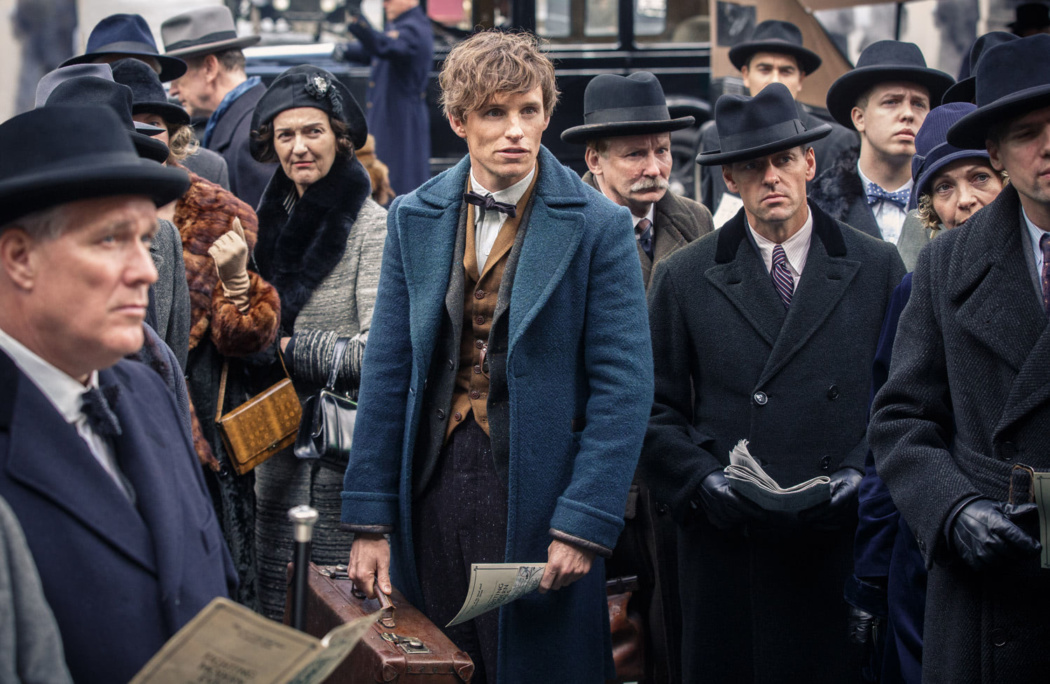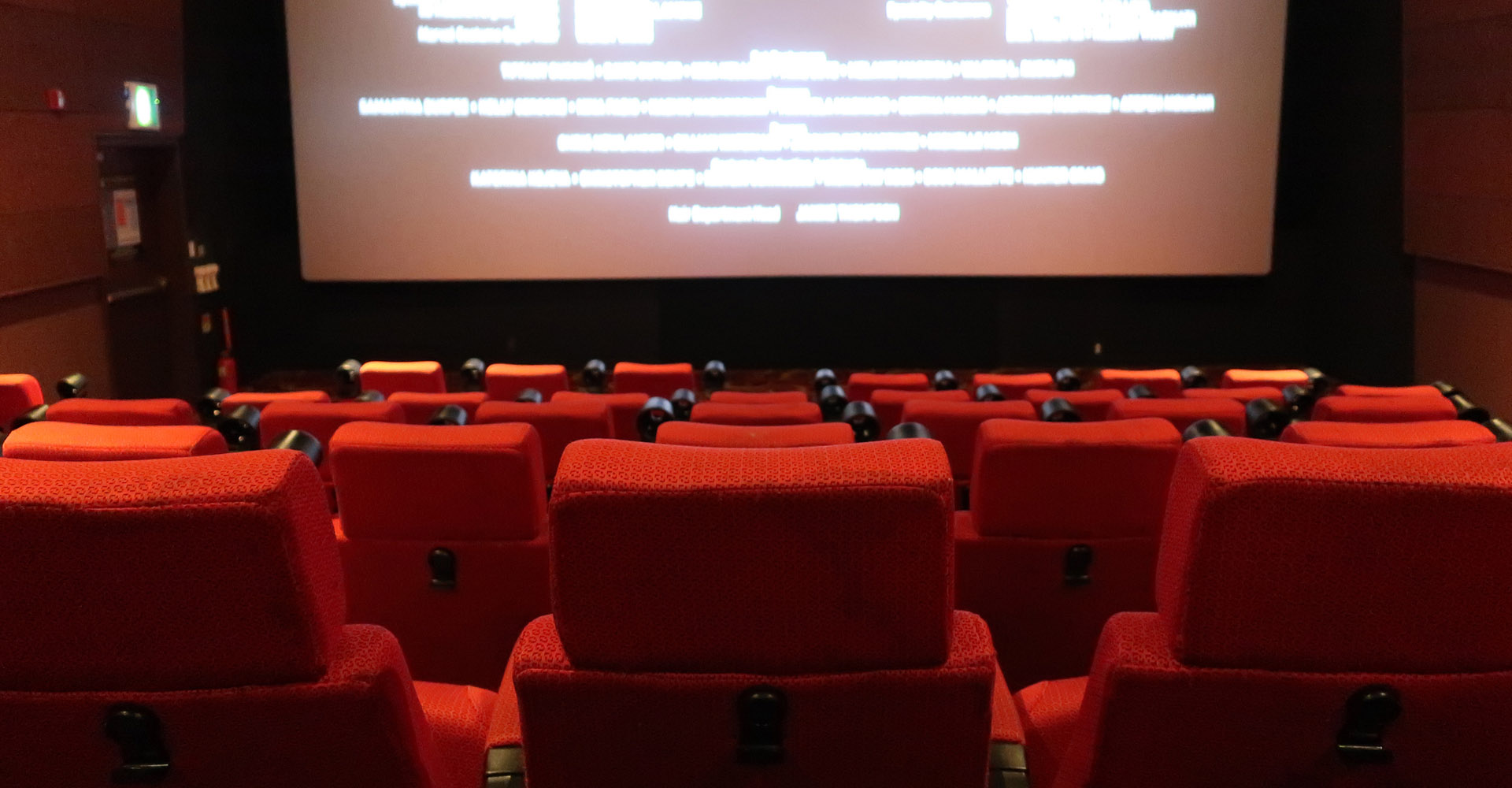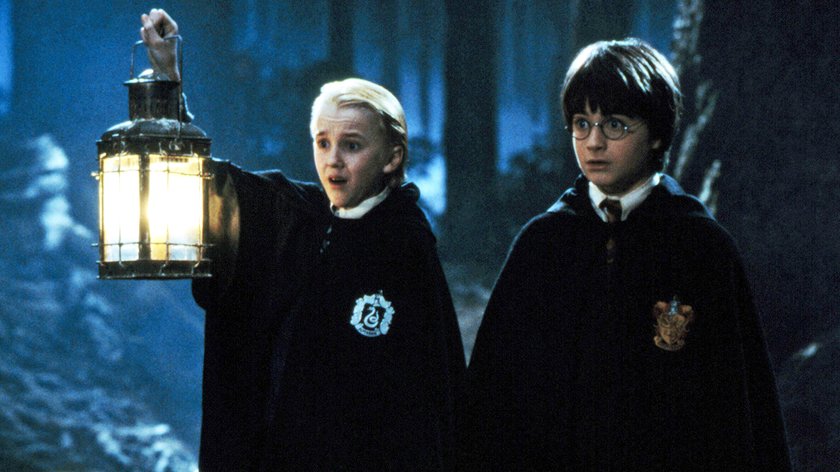The Harry Potter film series, based on the beloved books by J.K. Rowling, has left an indelible mark on the landscape of fantasy cinema. Spanning a decade from 2001 to 2011, the series consists of eight films that collectively grossed over $7.7 billion worldwide, making it one of the most successful film franchises in history. This article delves into the significance of the Harry Potter films, exploring their impact on the genre, their cultural relevance, and the innovative techniques that set a new standard in filmmaking.
The Genesis of a Phenomenon

The journey of the Harry Potter film series began with the publication of “Harry Potter and the Philosopher’s Stone” in 1997. The book’s immense popularity laid the groundwork for the film adaptation, which was released in November 2001. Directed by Chris Columbus, the film captured the essence of Rowling’s universe and introduced audiences to the world of Hogwarts, a magical school for witches and wizards.
- Critical Acclaim: The first film received positive reviews, with a score of 81% on Rotten Tomatoes, praising its faithful adaptation and visual effects.
- Box Office Success: It grossed over $974 million globally, making it the highest-grossing film of 2001.
- Star-Studded Cast: The film featured renowned actors such as Richard Harris, Maggie Smith, and Alan Rickman, alongside young talents like Daniel Radcliffe, Emma Watson, and Rupert Grint.
A New Era in Fantasy Cinema

The Harry Potter series revolutionized the fantasy genre through its unparalleled world-building, character development, and visual effects. Before its release, fantasy films often struggled to connect with mainstream audiences, but Harry Potter bridged that gap.
World-Building and Immersion
The meticulous attention to detail in the Harry Potter films created a fully realized universe that felt tangible and immersive. From the intricate designs of Hogwarts to the magical creatures and spells, the films brought Rowling’s written world to life in ways previously unseen in cinema.
- Production Design: The production team, led by Stuart Craig, crafted iconic sets that became synonymous with the series. Hogwarts Castle, the Forbidden Forest, and Diagon Alley were all masterfully designed to enhance the viewer’s experience.
- Costume and Prop Design: The costumes and props, designed by Judianna Makovsky and others, played a crucial role in establishing the characters’ identities and the magical world around them.
Character Development
One of the series’ strengths is its focus on character development. The films follow Harry, Hermione, and Ron as they transition from innocent children to mature young adults facing complex moral dilemmas.
- Relatable Themes: Themes of friendship, loyalty, and the struggle between good and evil resonate with audiences of all ages.
- Character Arcs: Each character undergoes significant growth. For instance, Neville Longbottom evolves from a timid boy into a courageous hero, showcasing the importance of personal growth and self-acceptance.
Technological Innovations in Filmmaking
The Harry Potter films were at the forefront of technological advancements in filmmaking. They utilized groundbreaking visual effects, sound design, and cinematography that set new standards for the industry.
Visual Effects
The series employed cutting-edge CGI to create magical elements, from spell-casting to fantastical creatures. Each film progressively improved the quality and realism of these effects, making them integral to the storytelling.
- Innovative Techniques: The use of motion capture technology allowed for realistic portrayals of magical creatures such as Buckbeak and Dobby.
- Seamless Integration: The blending of practical effects with CGI created a more immersive experience, allowing viewers to suspend disbelief.
Sound Design
Sound played a critical role in enhancing the atmosphere of the Harry Potter films. Composer John Williams set the tone with his iconic scores, which became synonymous with the series.
- Memorable Themes: The Hedwig’s Theme is instantly recognizable and evokes a sense of nostalgia for fans.
- Atmospheric Soundscapes: The sound design, including the use of ambient sounds and magical audio cues, contributed to the films’ immersive quality.
Cultural Impact and Legacy
The Harry Potter series transcended its status as mere entertainment; it became a cultural phenomenon that influenced generations. The films not only reignited interest in reading but also inspired a plethora of merchandise, theme parks, and spin-off media.
Revitalizing Interest in Literature

The success of the films sparked a renewed interest in reading, particularly among children and young adults. The series encouraged many to pick up the books, leading to:
- Increased Book Sales: The sales of the Harry Potter books surged, with over 500 million copies sold worldwide, making it one of the best-selling book series in history.
- Book-to-Film Adaptation Trend: The success of the Harry Potter films set a precedent for other book adaptations, including franchises like The Hunger Games and The Chronicles of Narnia.
Thematic Parks and Spin-Offs

The Harry Potter franchise expanded beyond the films with the creation of themed attractions and spin-off content, such as:
- Wizarding World of Harry Potter: Universal Studios theme parks in Orlando, Hollywood, and Osaka feature immersive experiences that allow fans to step into the magical world.
- Fantastic Beasts Series: This prequel film series explores the wizarding world and its history, further expanding the universe created by Rowling.
The Harry Potter film series stands as a monumental achievement in fantasy cinema, setting new standards for storytelling, visual effects, and character development. Its cultural impact is undeniable, inspiring a generation of readers and filmmakers alike. As audiences continue to revisit the films, their legacy endures, reminding us of the power of imagination and the timeless battle between good and evil. The series not only transformed the fantasy genre but also created a rich tapestry of characters and stories that will be cherished for years to come.